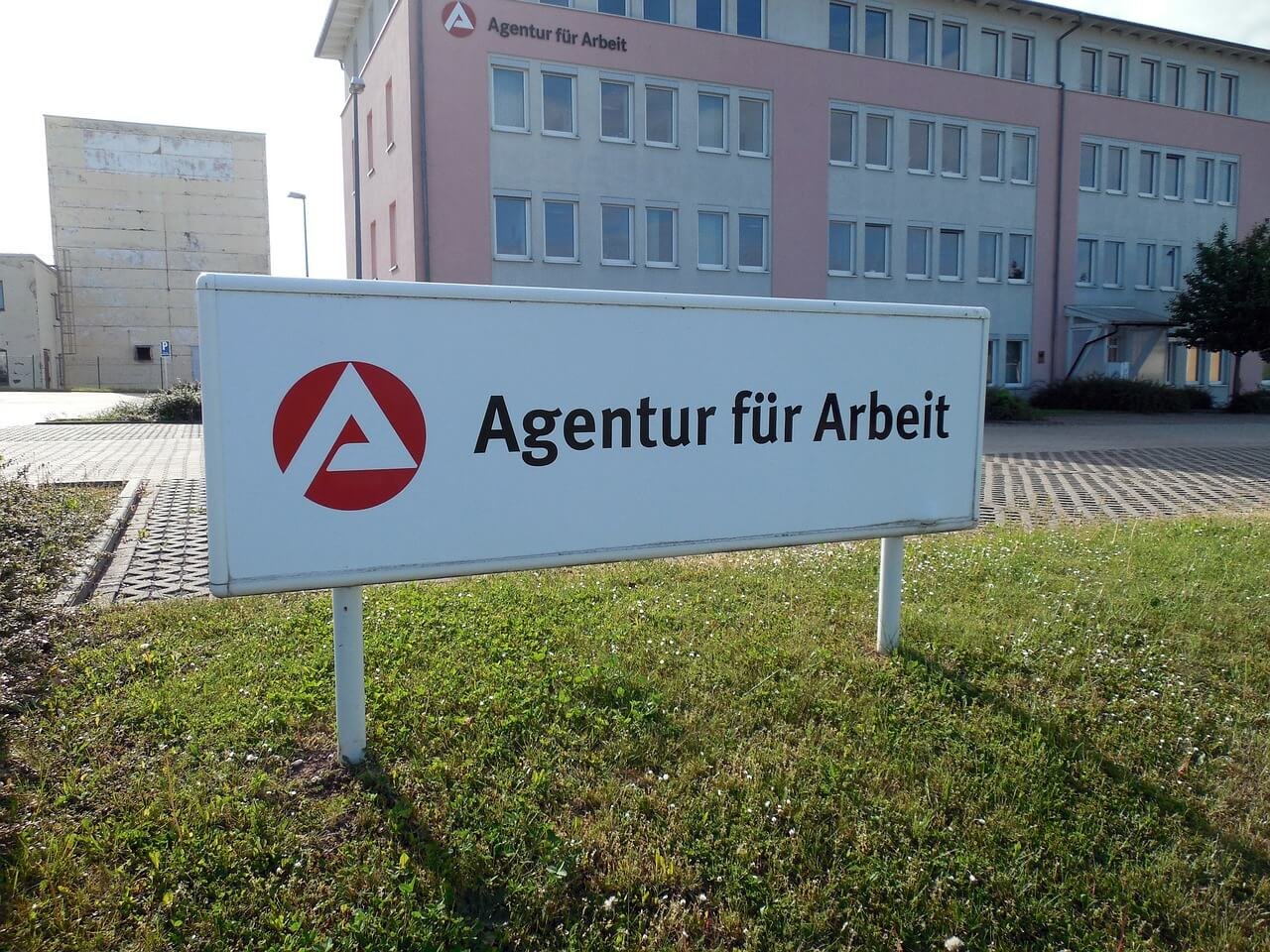
In today’s global economy, residence is not only a matter of location—but of strategic opportunity. For international investors, entrepreneurs, and highly mobile professionals, residence by investment provides a legal, secure way to live, work, and build a future in the European Union.
While Germany does not offer a traditional “Golden Visa” program, it provides robust legal pathways for business owners and qualified investors to obtain long-term residence permits. This article outlines the legal framework for residence by investment in Germany, compares similar programs across the EU, and explains how foreign nationals can transition from temporary residence to permanent status—and eventually citizenship.
Content
- 1. What Is Residence by Investment?
- 2. Residence by Investment in Germany
- 3. Types of Investment Accepted in Germany
- 4. Application Process in Germany
- 5. Path to Permanent Residence and Citizenship
- 6. Germany vs. Other EU Residence by Investment Programs
- 7. Advantages of Residence by Investment in Germany
- 8. Tax and Compliance Considerations
- 9. Family, Education, and Lifestyle
- 10. Working with Legal Advisors
- Conclusion
1. What Is Residence by Investment?
Residence by investment (RBI) refers to a legal process by which a non-EU national obtains the right to reside in a country by making a qualifying economic investment. This may involve:
- Starting a business
- Investing in real estate
- Contributing to government funds
- Creating jobs or acquiring shares in local companies
The goal is residency, not immediate citizenship. Applicants typically receive:
- A residence permit (1–3 years)
- The right to live in the host country
- Family reunification rights
- Access to healthcare, education, and (sometimes) the labor market
2. Residence by Investment in Germany
Germany offers a residence permit for self-employment under §21 of the Residence Act (AufenthG). This is one of the most reputable and structured investment-based residence pathways in Europe.
Eligible Applicants:
- Non-EU entrepreneurs founding a company
- Investors acquiring a share in a German business
- Freelancers and liberal professionals (e.g. consultants, architects, artists)
Legal Requirements:
- Sustainable business model
- Economic benefit for the region (e.g. innovation, job creation)
- Proof of funding and personal income
- Valid health insurance and suitable accommodation
- Business registration and tax compliance
3. Types of Investment Accepted in Germany
Unlike golden visa schemes with fixed real estate thresholds, Germany evaluates business investment applications on individual merit. There is no minimum capital amount by law, but in practice, investments of €100,000–€250,000 are expected for new ventures.
Eligible formats include:
- Incorporating a GmbH or UG
- Acquiring shares in a German company
- Opening a branch of a foreign business
- Investing in real estate (if linked to a commercial purpose)
4. Application Process in Germany
- Business plan preparation (incl. financials and market analysis)
- Pre-approval from local economic authorities (Wirtschaftsförderung)
- Apply at the German embassy or local Ausländerbehörde
- Submit documents: passport, business plan, funding proof, insurance, etc.
- Receive residence permit valid for 1–3 years
- Apply for permanent residence after 3–5 years
Spouses and minor children are typically eligible for family reunification and may also work or study in Germany.
5. Path to Permanent Residence and Citizenship
Germany offers a clear path from residence to long-term integration:
| Status | Timeframe | Requirements |
|---|---|---|
| Initial residence permit | 1–3 years | Business successful, compliance met |
| Permanent residence (Niederlassungserlaubnis) | After 3–5 years | Continued business operation, B1 German |
| Citizenship (Einbürgerung) | After 6–8 years | Permanent residency, integration, B1+ |
Early naturalisation is possible after 6 years with strong integration performance (e.g. German language, civic participation).
6. Germany vs. Other EU Residence by Investment Programs
| Country | Program Type | Minimum Investment | Residency → Citizenship | Key Features |
|---|---|---|---|---|
| Germany | Business/self-employment visa | €100,000–€250,000 | 6–8 years | Strong economy, structured legal process |
| Portugal | Golden Visa | €250,000–€500,000 | 5 years | Flexible stay, path to EU citizenship |
| Spain | Golden Visa | €500,000 real estate | 10 years | Easy entry, long wait for citizenship |
| Greece | Golden Visa | €250,000–€500,000 | 7 years | Low cost, residency only |
| Italy | Investor Visa | €250,000+ business/startup | 10 years | Tax-friendly regime for new residents |
📌 Germany does not offer passive investment residency. Active economic engagement is required.
7. Advantages of Residence by Investment in Germany
- Legal security and rule of law
- Access to the EU’s largest economy
- High-quality healthcare and education
- Strong family reunification rights
- Route to permanent residence and citizenship
- No need to relinquish prior citizenship in many cases
8. Tax and Compliance Considerations
Establishing residence may trigger tax residency, meaning:
- Worldwide income may become taxable in Germany
- You must register with the Finanzamt (tax office)
- Businesses must comply with corporate and VAT rules
- Germany offers double taxation treaties with over 90 countries
A professional tax advisor (Steuerberater) can help optimise your situation and structure cross-border income lawfully.
9. Family, Education, and Lifestyle
Residence in Germany grants access to:
- Free or low-cost public education for children
- Comprehensive healthcare coverage (public or private)
- Stable rule of law and safety
- Visa-free travel within the Schengen Zone
Germany ranks consistently high in quality of life, infrastructure, and social services.
10. Working with Legal Advisors
Because Germany’s RBI process is merit-based, working with:
- Immigration lawyers
- Business advisors
- Notaries and tax consultants
is critical to ensuring application success and long-term compliance.
Avoid unregulated intermediaries promising “quick residence permits” or real estate-based shortcuts. Proper planning and documentation are key.
Conclusion
Residence by investment in Germany offers an exceptional opportunity for international entrepreneurs and investors to access the European Union through a legally secure and economically meaningful path.
While not as fast or passive as other golden visa schemes, Germany’s program offers long-term benefits, including permanent residence, citizenship eligibility, and access to Europe’s strongest economy. For serious business professionals, it is one of the most credible and sustainable ways to build a life in Europe.






